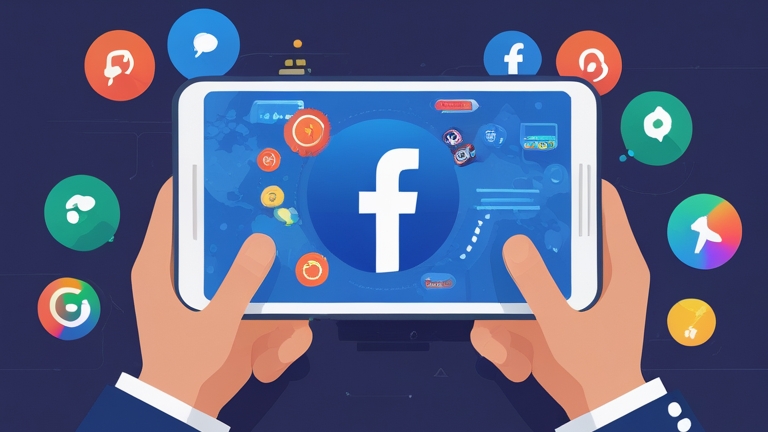Ever dreamt of bringing your imaginative worlds to life, crafting engaging experiences, and perhaps even turning that passion into a source of income? Game creation at home isn’t just a hobby; it’s a powerful journey that fosters creativity, problem-solving, and technical prowess. This guide is your starting point for game development for beginners, exploring the foundational skills required to build engaging experiences, ultimately leading to opportunities like facebook gaming monetization. Whether you’re a complete novice or have tinkered with code before, understanding the basics of game creation is the first step towards a fulfilling and potentially profitable endeavor.
Materials & Supplies
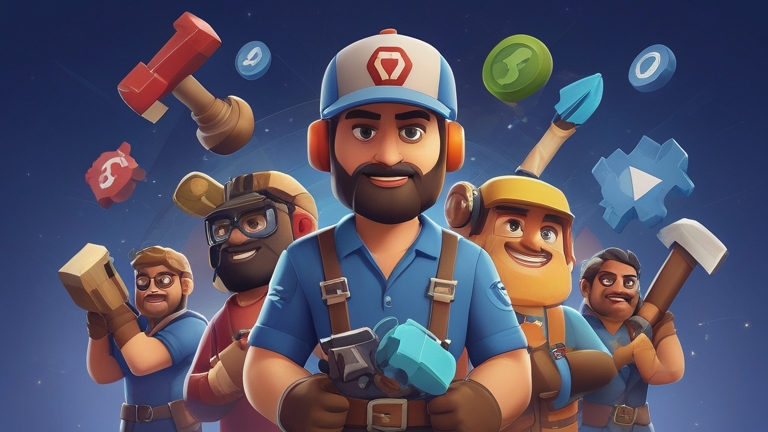
To embark on your game development journey, you’ll need a few essential tools. At the core is a reliable computer (desktop or laptop), capable of handling development software. Next, choose a game engine; popular choices include Unity (versatile, C# based) and Unreal Engine (powerful, C++ based, great for realistic graphics). For coding, a dedicated code editor like Visual Studio Code or Sublime Text is crucial. Enhance your coding efficiency with accessories like a Visual Studio Code Shortcuts Mouse Pad. You’ll also need graphics software (GIMP, Krita for 2D; Blender for 3D) and audio tools (Audacity, LMMS) for creating game assets. Many of these tools offer free versions or open-source alternatives, making entry accessible.
Timing / Development Schedule
Understanding the timeline for game creation is key to managing expectations. A simple game, from concept to completion, might take anywhere from a few weeks to several months for a beginner. The prep time (concept, design document, learning tools) could be 1-2 weeks. The coding phase for core mechanics often spans 4-8 weeks, depending on complexity. Testing and debugging is an ongoing process but intensifies in the final 2-4 weeks. Finally, publishing and marketing might take another 1-2 weeks. Comparing it to building a small house, you wouldn’t expect it in a day; similarly, game development requires patience and a phased approach. Start small, finish fast, then iterate.
Step-by-Step Instructions
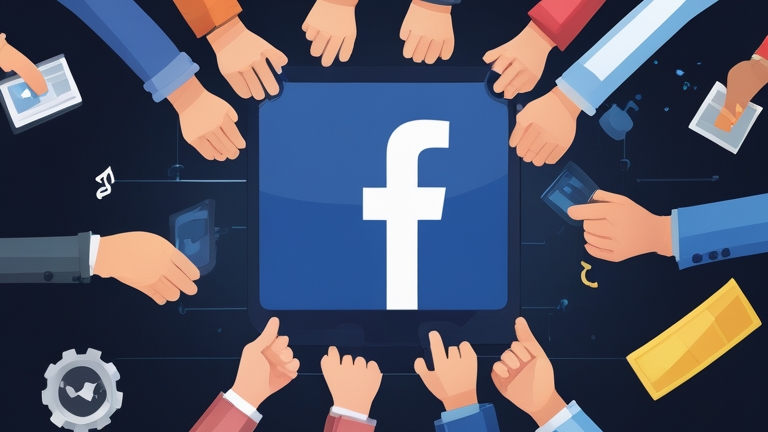
Starting your first game is exciting!
1. **Concept & Scope:** Define a simple, clear game idea (e.g., a “collect the coins” game). Keep it tiny!
2. **Choose Your Engine:** Download and install Unity or Godot (a great free alternative).
3. **Learn the Basics:** Follow official engine tutorials to grasp scene setup, object creation, and basic scripting.
4. **Asset Design:** Create simple placeholder graphics (sprites, 3D models) and sounds. Don’t aim for perfection initially.
5. **Core Mechanics:** Implement the absolute essential gameplay loops – movement, interaction, win/lose conditions.
6. **Test Relentlessly:** Play your game constantly. Find bugs, identify what’s fun (or not).
7. **Iterate & Refine:** Based on testing, tweak controls, add polish, and fix issues. Small, consistent efforts lead to big improvements.
Advantages of Learning Game Development
Learning game development offers a wealth of benefits beyond just making games. It’s a fantastic way to boost your creativity, transforming abstract ideas into interactive realities. You’ll hone problem-solving and logical thinking skills through debugging and optimizing code. Game development also inherently teaches teamwork (even if you’re a solo developer, you’re often engaging with communities) and opens up diverse career opportunities in tech, art, design, and even marketing. Building games at home cultivates a unique blend of technical mastery and artistic expression, making you a versatile creator.
Tips, Alternative Methods, or Development Advice
To make your learning journey smoother, consider these tips. Start with 2D games before tackling 3D; they simplify many aspects like physics and rendering. Explore visual scripting tools like Unity’s Bolt or Godot’s built-in visual script, which allow you to create logic without writing traditional code initially. If hardware is limited, Godot Engine is very lightweight. Collaborate online through forums or Discord servers; shared projects are a great way to learn. Optimize your learning by focusing on official documentation and reputable tutorials from platforms like YouTube or Udemy. Regular practice, even 15-30 minutes a day, yields significant progress.
Common Mistakes to Avoid
Beginners often fall into predictable pitfalls. The most common is overcomplicating the first project – aiming for an open-world RPG when you should be making Pong. Start small, finish, and then expand. Neglecting testing is another major error; play your game constantly to catch bugs early. Ignoring player feedback (once you start sharing) can lead to games that don’t resonate. Other mistakes include poor version control (losing progress!), or giving up too early. The solution is always the same: simplify, test, listen, and persist. Celebrate small victories and learn from every challenge.
Maintenance / Update Tips
Releasing your game is just the beginning. Effective maintenance and update strategies are crucial for its longevity and player engagement. Implement robust version control (e.g., Git with GitHub/GitLab) from day one to track changes and easily revert to previous versions. Prioritize bug fixes post-release based on player feedback. Plan for adding new content – new levels, characters, or features – to keep players coming back. Actively collect player feedback through surveys, forums, or in-game analytics. Finally, always keep your project files organized and backed up in multiple locations to prevent data loss.
Conclusion
Embarking on game development for beginners at home is an incredibly rewarding journey. By starting small, utilizing the right tools, and approaching the process with patience and persistence, you can turn your creative visions into interactive realities. Remember, every master once started as a beginner. Keep practicing, don’t be afraid to experiment, and most importantly, share your projects with others to get valuable feedback. Your next adventure in game creation is waiting! Explore more tutorials or connect with a vibrant developer community today to take your skills to the next level.
FAQs
What programming language should I start with?
For beginners, C# with Unity or GDScript with Godot are excellent choices due to their strong communities and extensive learning resources. Python is also great for learning programming logic before moving to game-specific languages.
Which game engine is best for beginners?
Godot Engine is highly recommended for beginners due to its free, open-source nature, user-friendly interface, and built-in scripting language (GDScript). Unity is another excellent option, widely used in the industry, offering a wealth of tutorials.
How long does it take to make a small game?
A truly small, basic game (like Pong, a simple platformer, or a “collect the item” game) can take anywhere from a few days to a few weeks for a beginner, depending on dedication and prior knowledge.
Do I need to know coding to start?
While coding is fundamental, you don’t need to be an expert from day one. Many engines offer visual scripting tools (like Unity’s Bolt) that allow you to create game logic visually without writing code, easing you into programming concepts.
Where can I publish my first game?
For beginners, platforms like itch.io are fantastic for publishing and sharing your first projects for free. As you grow, you might consider Steam, mobile app stores, or even direct web publishing.
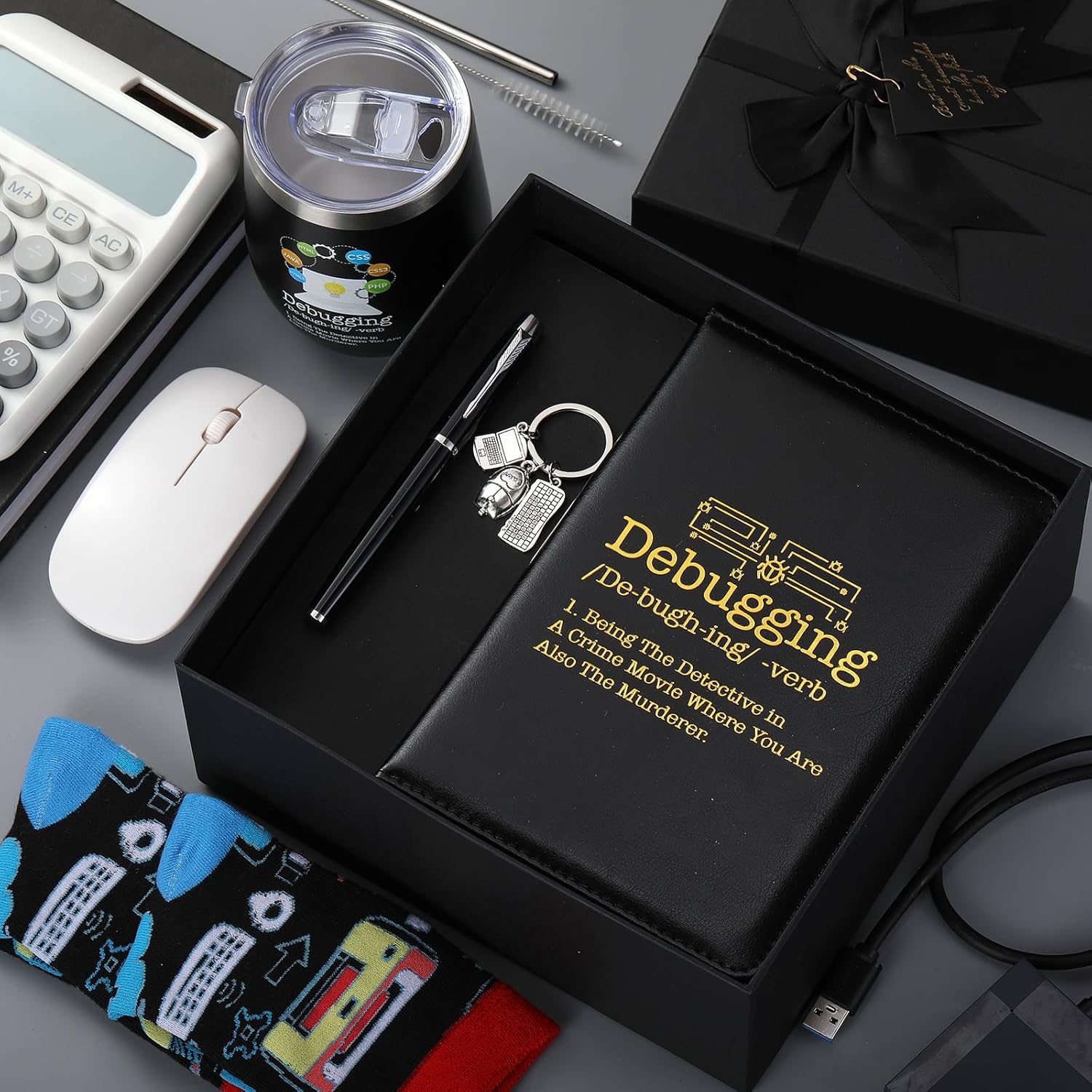
6 Pcs Computer Programmer Gifts for Men
6 Pcs Computer Programmer Gifts for Men Debugging Definition Programmer Gifts 12oz Stainless Steel Cup Socks Keychain Pen Notebook Box for IT Developers Computer Geeks Nerd Hackers Coders
interface sounds OGG
interface sounds, UI sound effects, UX sound effects, game UI sounds, mobile UI audio, notification sound effects, button click SFX, menu sounds, toggle switch sounds, error alert sounds
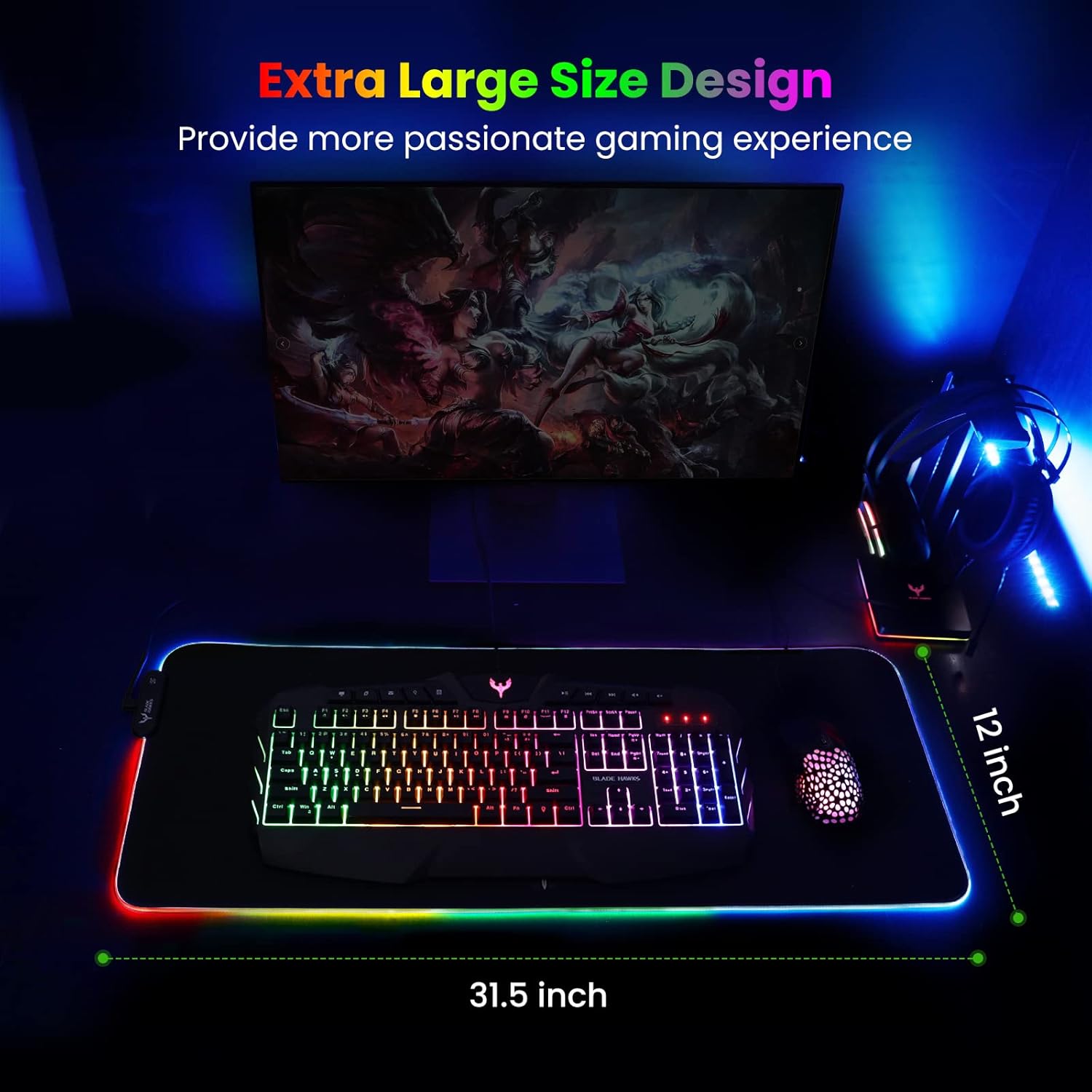
Mouse Pad
BladeHawks Extra Large RGB Gaming Mouse Pad-14 Light Modes, Extended Soft LED Mouse Pad, Anti-Slip Rubber Base, Computer Keyboard Mousepad Mat (31.5 x 12 Inch)

AULA F99 Wireless Mechanical Gaming Keyboard
AULA F99 Wireless Mechanical Keyboard,Tri-Mode BT5.0/2.4GHz/USB-C Hot Swappable Custom Keyboard,Pre-lubed Linear Switches,RGB Backlit Computer Gaming Keyboards for PC/Tablet/PS/Xbox
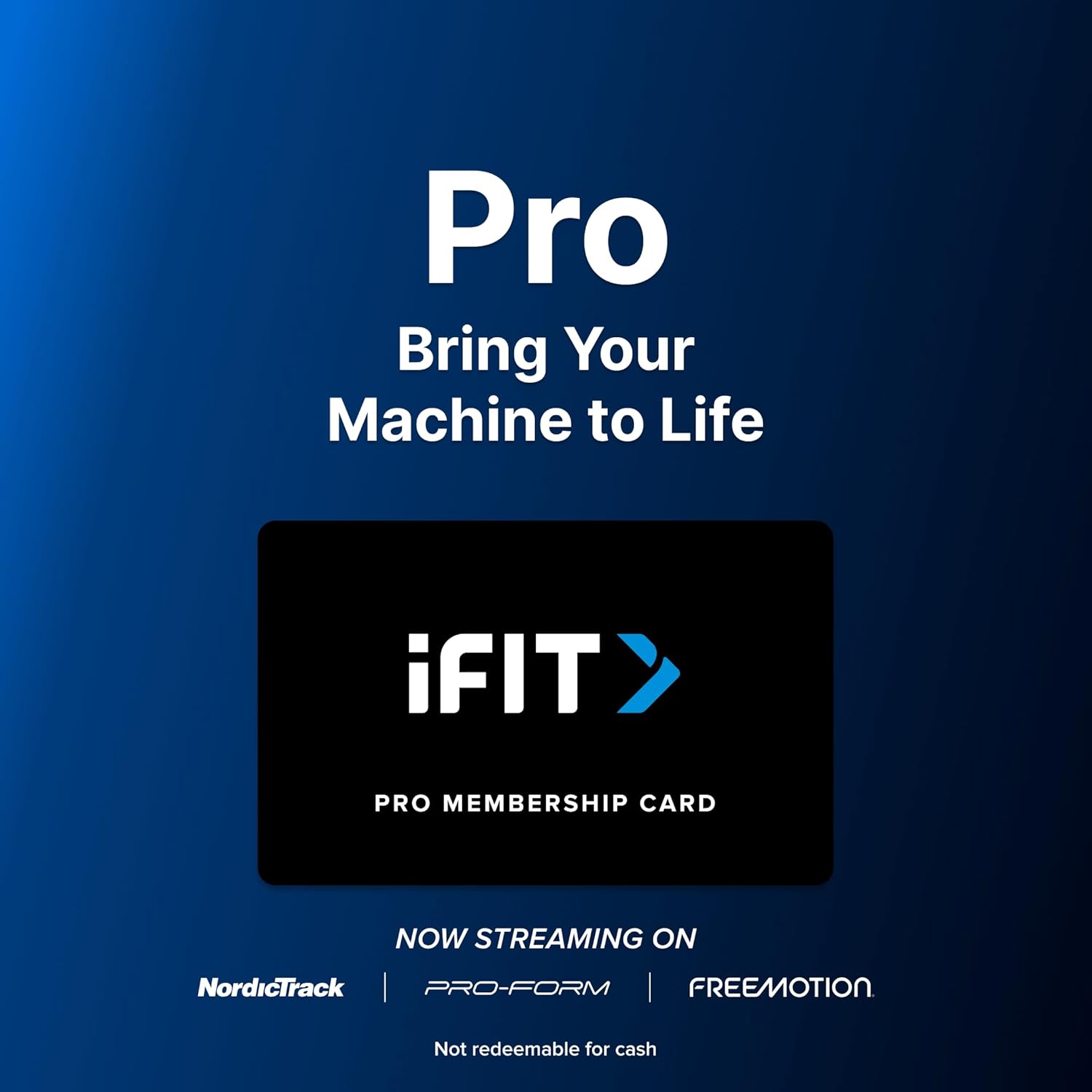
iFIT Pro
iFIT Pro - Monthly Membership - 1 month free trial included [Subscription]

beyerdynamic DT 770 PRO 80 Ohm Over-Ear Studio Headphones in Gray
beyerdynamic DT 770 PRO 80 Ohm Over-Ear Studio Headphones in Gray. Enclosed Design, Wired for Professional Recording and Monitoring

